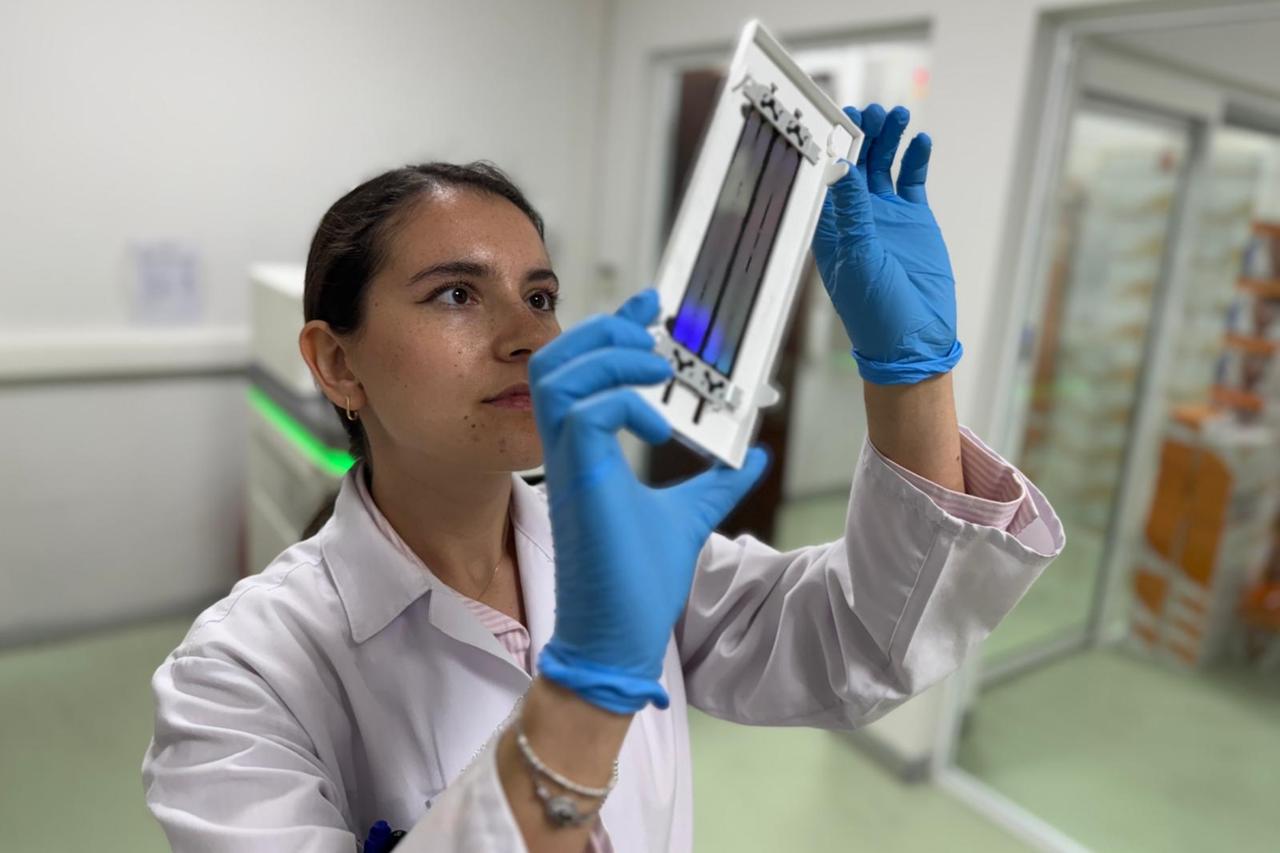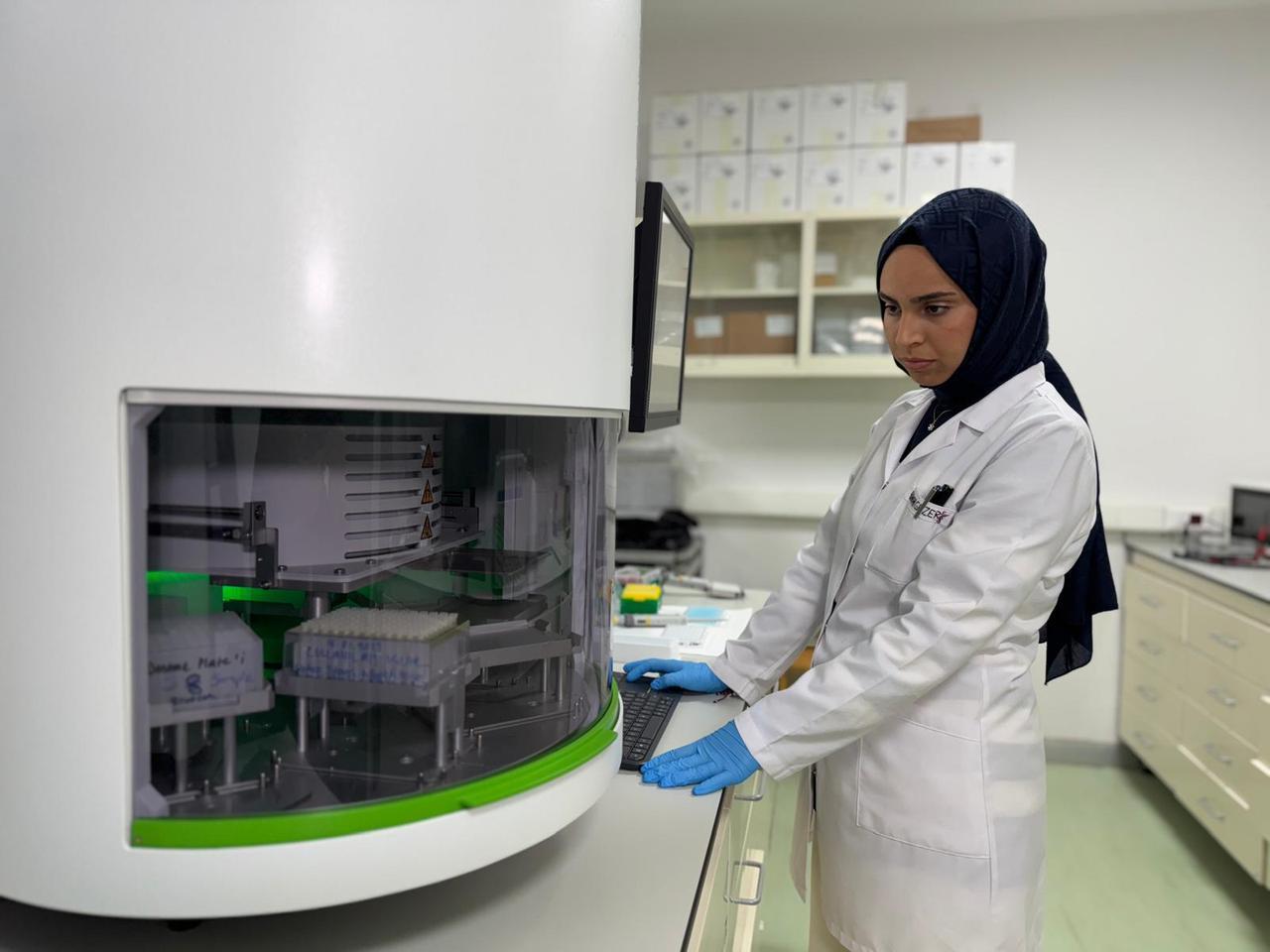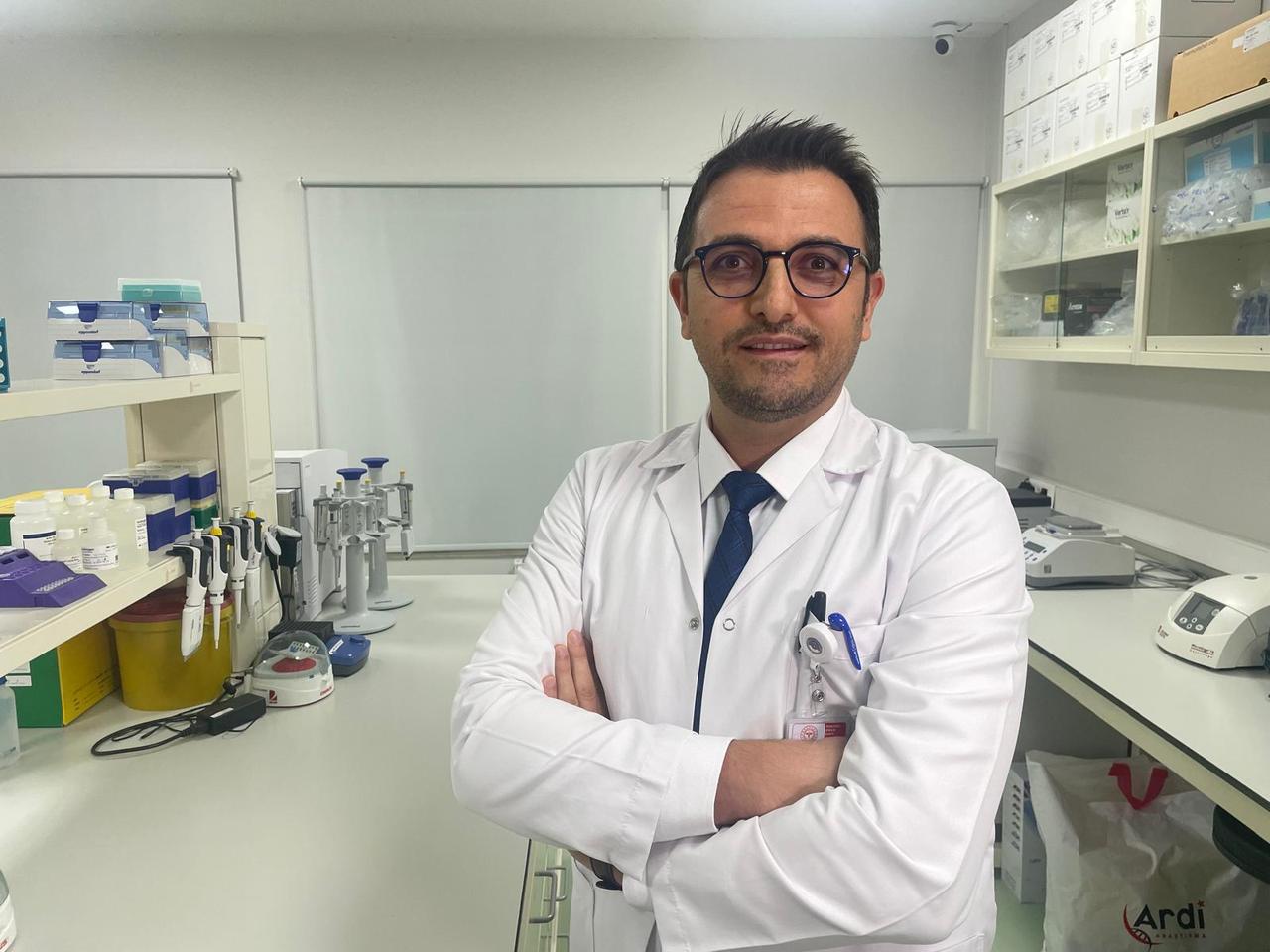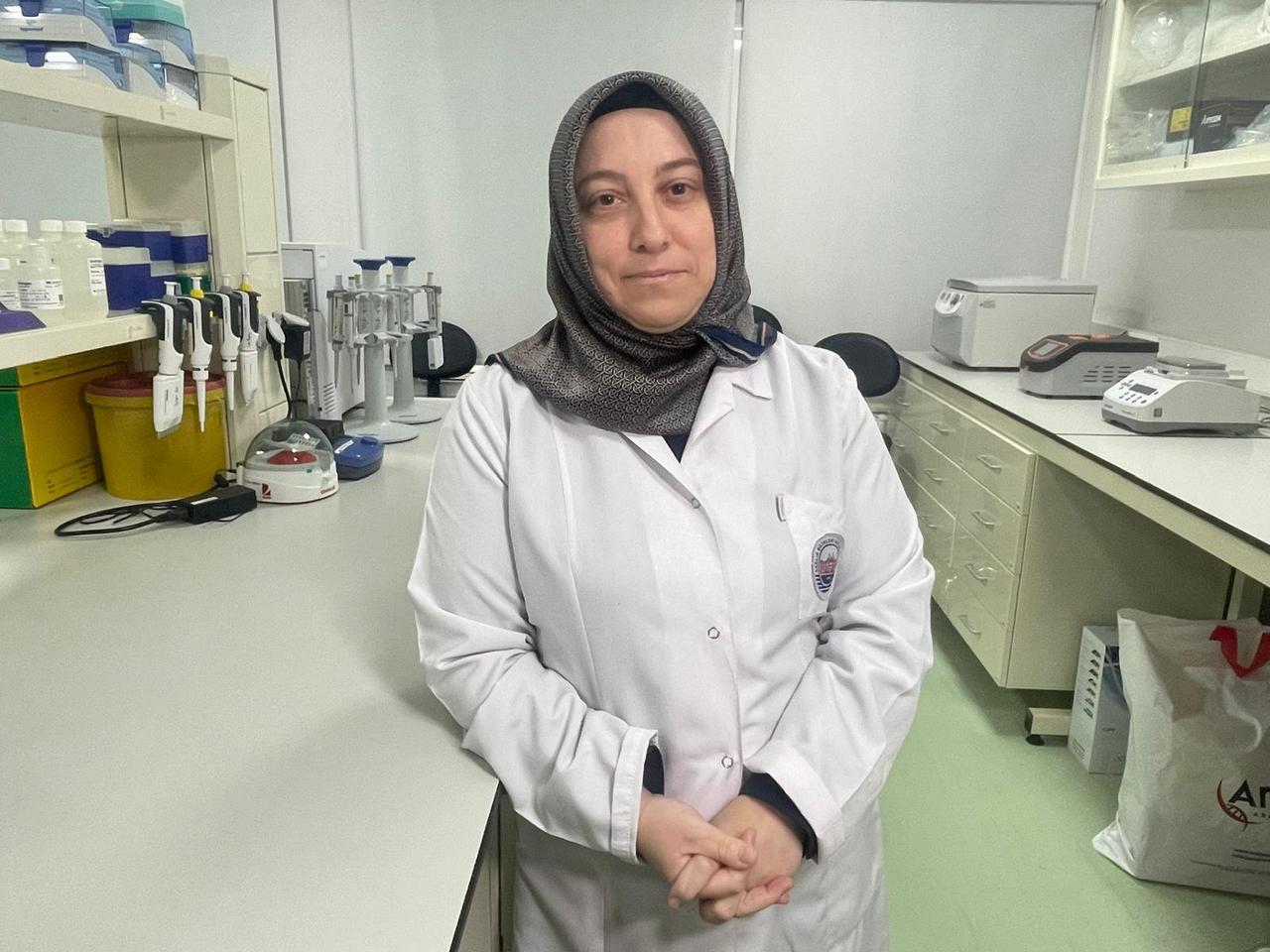
Researchers in Türkiye have identified twelve key genes that determine how non-small cell lung cancer (NSCLC) responds to radiotherapy, a discovery that could enable personalized treatment strategies in the future.
The study was conducted through a collaboration between the Turkish Health Institutes (TUSEB) and Health Sciences University (SBU) Validebag Research Center.
Using specialized “nude mice” models, the team established lung cancer tumors and applied high-dose radiotherapy at Haydarpasa Numune Training and Research Hospital. Tumor tissues were collected 48 hours after treatment for genetic analysis.
Employing Next Generation Sequencing (NGS) and bioinformatics methods, researchers screened hundreds of genes and identified 12 genes that consistently showed significant changes in response to radiotherapy.

Among these, seven genes were associated with tumor suppression and immune response, while five genes were linked to disease recurrence and metastasis to the brain and bones.
The findings suggest that tumor cells may activate defense mechanisms after radiotherapy, potentially contributing to treatment resistance.
Associate Professor Serhat Aras, coordinator of the study from SBU’s Radiation Oncology Department, emphasized:
“Each gene responds differently to radiotherapy. By mapping these responses, we can identify which genes contribute to treatment sensitivity or resistance.”

The researchers noted that this approach could lead to personalized radiotherapy, allowing clinicians to adjust treatment doses based on a patient’s genetic profile rather than using a uniform protocol.
“If a patient’s tumor exhibits resistance in certain genes, radiotherapy alone may not be sufficient. In such cases, combination therapies, including immunotherapy or targeted drugs, can be considered,” Aras explained.

The study also employed RNA-Seq transcriptome analysis, enabling researchers to capture real-time gene expression patterns and identify molecular mechanisms behind treatment resistance.
Dr. Tugba Kul Koprulu from SBU’s Hamidiye Institute of Health Sciences noted, “RNA-Seq allows us to see which genes are activated or silenced following radiotherapy, providing critical insight into resistance pathways and potential therapeutic targets.”